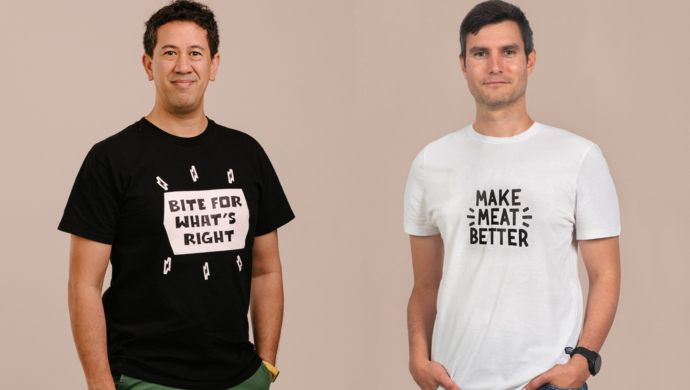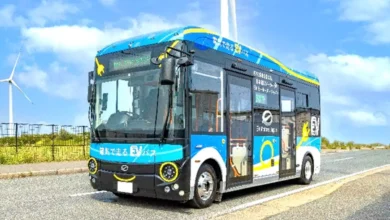US $15 M launched by Better Bite Ventures for early-stage alt-protein startups in Asia

Better Bite Ventures, located in Singapore and Hong Kong, has announced the formation of a US $15 million fund to promote Asian businesses producing climate-friendly meat, dairy, egg, and seafood alternatives.
Leading impact investors, growth-stage fund managers, family offices, and food and tech entrepreneurs from Asia, the United States, and Europe are among its anchor investors. Better Bite Ventures has already supported 10 startups in the region, with a focus on the founding, pre-seed, and seed phases. Fund I intend to invest in 20-30 ventures in total.
Michal Klar and Simon Newstead, general partners at Better Bite Ventures, have a combined 20 years of expertise in the plant-based industry as well as a track record of investing and venture creation in food and technology. Klar was formerly the Head of Product and Customer Experience at Allegro (Poland’s first software unicorn, bought by Naspers), as well as a senior Naspers executive. Newstead, who formerly held key positions at mobile gaming startup Frenzoo and vegan candy firm Bite Society, is an entrepreneur-turned-impact investor.
The VC fund claims it follows a simple, fast, transparent decision process and founder-friendly terms. “Having been founders ourselves, we know how helpful having truly supportive investors can be. Being responsive with founder-friendly terms, a lack of red tape and a focus on long-term sustainability, we aim to be a trusted partner right from the start,” said Newstead.
The possibility for impact and development, according to Better Bite Ventures, is tremendous. When compared to conventional animal proteins, alternative protein products can save up to 93 percent in greenhouse gas emissions, 89 percent in water, and 98 percent in land use, according to a study by Johns Hopkins University.
According to Boston Consulting Group, these new products might be worth over US$290 billion by 2035 (11 percent of the global protein market), with the Asia Pacific accounting for two-thirds of consumption. While alternative protein is still in its infancy in this region of the world, there are plenty of early signs that customers are enthusiastic about the goods. “For example, our Indonesian portfolio firm has been able to work with large brands such as Starbucks, Domino’s, Pepper Lunch, and IKEA to develop plant-based meat products for them.” “In the first month, one of Starbucks’ items became the best-selling food item,” Klar said.
In addition, across the area, large chains are introducing plant-based solutions. In Thailand, Indonesia, the Philippines, Singapore, Japan, and Korea, for example, Burger King sells plant-based whoppers.
“Of course, there are challenges. One of the main barriers is affordability. These products still need to get much cheaper to attract mass-market consumers. They are on the right trajectory as they scale up, but it will take some time.” Klar further added that local startups have an obvious advantage over international products with extra costs related to import.





